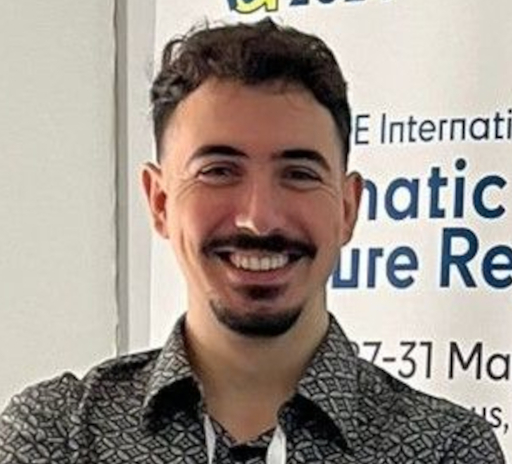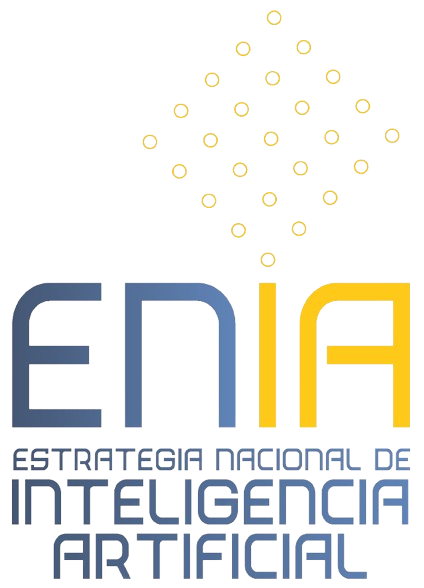Keynote speakers

Title: Face Image Quality Assessment (FIQA): Recent Advancements and Future Challenges
Abstract: Understanding the quality characteristics of facial images is of key importance for the reliability of various face-related tasks, ranging from biometric verification systems to problems in surveillance and security. In this talk, I will first introduce the general problem of Face Image Quality Assessment (FIQA) and discuss how it differs from the more perceptually driven Image Quality Assessment (IQA) task that is used for quality assessment of arbitrary natural images. I will then elaborate on the most interesting trends and solutions towards face image quality assessment and present two of our recent models for this task, i.e., (i) FaceQAN that predicts quality based on the analysis of adversarial noise, and (ii) DifFIQA that uses probabilistic denoising diffusion models to estimate face image quality. Next, I will discuss possibilities for making FIQA techniques light-wight and applicable to computing platforms with limited resources (through our eDifFIQA approach) and mechanisms for making FIQA techniques robust to geometric perturbations. Finally, I will share some insights with respect to face image quality assessment and highlight some open issues and future research directions in this space.
Short Bio.: Vitomir Štruc is a Full Professor at the University of Ljubljana, Slovenia. His research interests include problems related to biometrics, computer vision, image processing, and machine learning. He (co-)authored more than 150 research papers for leading international peer reviewed journals and conferences in these and related areas. Vitomir is a Senior Area Editor for the IEEE Transactions on Information Forensics and Security, a Subject Editor for Elsevier’s Signal Processing and an Associate Editor for Pattern Recognition, and IET Biometrics. He regularly serves on the organizing committees of visible international conferences, including IJCB, FG, WACV and CVPR. He was a General Co-Chair for IJCB 2023, and currently acts as a Program Chair for IEEE Face and Gesture 2024 and a Tutorial Chair for CVPR 2024. Dr. Struc is a Senior member of the IEEE, a member of IAPR, EURASIP, Slovenia’s ambassador for the European Association for Biometrics (EAB) and the former president and current executive committee member of the Slovenian Pattern Recognition Society, the Slovenian member of IAPR. Vitomir is also the current VP Technical Activities for the IEEE Biometrics Council, the secretary of the IAPR Technical Committee on Biometrics (TC4) and a member of the Supervisory Board of the EAB.
Program Committee
- Andrea Abate - BIPLab
- Anubhav Jain - New York University
- Aythami Morales - Universidad Autonoma de Madrid
- Casandra Rusti - University of Southern California, Information Sciences Institute
- Chiara Pero - University of Salerno
- Christian Rathgeb - Hochschule Darmstadt
- Cunjian Chen - Monash
- Darian Tomašević - University of Ljubljana
- David Freire Obregon - Univesidad de Las Palmas de Gran Canaria
- Giacomo Medda - University of Cagliari
- Giacomo Balloccu - University of Cagliari
- Gian Luca Marcialis - University of Cagliari
- Giulia Orrù - University of Cagliari
- Jan Niklas Kolf - Fraunhofer IGD
- Marco Huber - Fraunhofer IGD
- Maria De Marsico - Sapienza University of Rome
- Marija Ivanovska - University of Ljubljana
- Marta Gomez-Barrero - Hochschule Ansbach
- Massimo Tistarelli - University of Sassari
- Modesto Castrillón-Santana - Universidad de Las Palmas de Gran Canaria
- P Jonathon Phillips - NIST
- Sinan Kalkan - Middle East Technical University
- Žiga Babnik - University of Ljubljana
Program
- TBD
Venue
The event will take place at the 18th IEEE International Conference on Automatic Face and Gesture Recognition at ITU Campus Istanbul, Turkey
Registration
- TBD
Partners
University of Cagliari
ItalyUniversity of Salerno
ItalyFraunhofer IGD
GermanyTU Darmstadt
GermanyNextGenerationEU
Italy, Spain
ELLIS Unit Madrid
Spain
Contacts
All inquiries should be sent to:


















